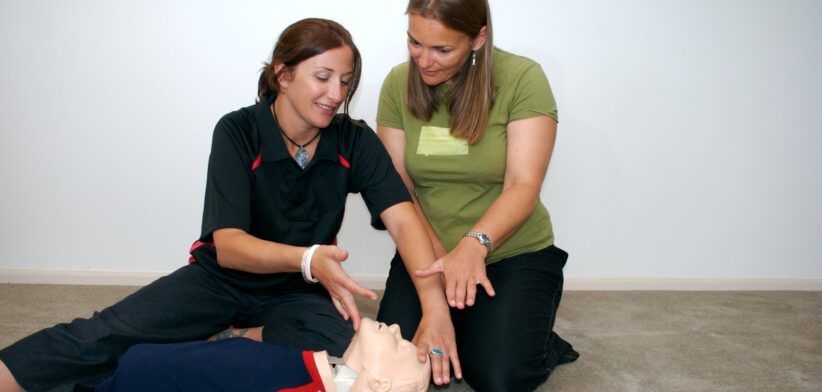The number of students undertaking vocational education and training (VET) last year increased by more than 10 percent last year.
The latest data from the National Centre for Vocational Education Research (NCVER) showed 5.1 million students took part in some form of nationally recognised training in 2023, a 10.8 percent increase on 2022.
The new report stated most (3.5 million) studied stand-alone subjects, while over 2.1 million studied full qualifications and 230 000 studied short courses.
It said most of the growth in 2023 was in stand-alone subjects, with a 14 percent increase on 2022 and 46.6 percent increase on 2020.
“The most popular subjects were cardiopulmonary resuscitation, first aid, basic emergency life support, preparing to work safely in the construction industry and responsible service of alcohol.”
The new data revealed more students were also studying VET qualifications, with numbers increasing by 6.7 percent to 2.1 million between 2022 and 2023.
“This growth was primarily driven by domestic government-funded students, whose numbers rose by 6.6 percent to 1.2 million.
“The most popular qualifications for domestic government-funded students were in early childhood education and care, and individual support,” the report said.
It stated there was also a considerable rise in international full fee-paying students studying VET qualifications, increasing by 24.9 percent to 258 000, with the most popular qualifications in the hospitality sector, including commercial cookery and kitchen management.
The data showed there was a continued shift in the VET system overall towards certificate III and IV qualifications, with lower-level qualifications certificate I and II declining and higher-level qualifications diploma and advanced diploma remaining relatively steady.
It found that in 2023, 77.6 percent of students were enrolled in nationally-recognised training at private training providers, 15.1 percent at TAFE institutes, 10.5 percent at community education providers, 2.4 percent at enterprise providers, 2.2 percent at schools and 1.5 percent at universities.
Independent Tertiary Education Council Australia (ITECA) Chief Executive Troy Williams said the provider figures highlighted why political leaders needed to rethink government policy.
“Too many politicians set out to denigrate independent quality RTOs, but students clearly see through this and overwhelmingly prefer the high-quality outcomes that ITECA members offer,” Mr Williams said.
“Both government policy and messaging need to respect the informed decisions that students make to study with independent RTOs.”
He said the ITECA has been highly critical of politicians who sought to put “TAFE at the heart” of the skills training system, arguing that government policy needed to put students at the heart of the system.
“It’s time that our political leaders wake up and develop a firm understanding that students overwhelmingly prefer independent quality RTOs.
“The importance of independent quality RTOs in helping employers address skills shortages needs to be recognised by the nation’s political leaders.”








